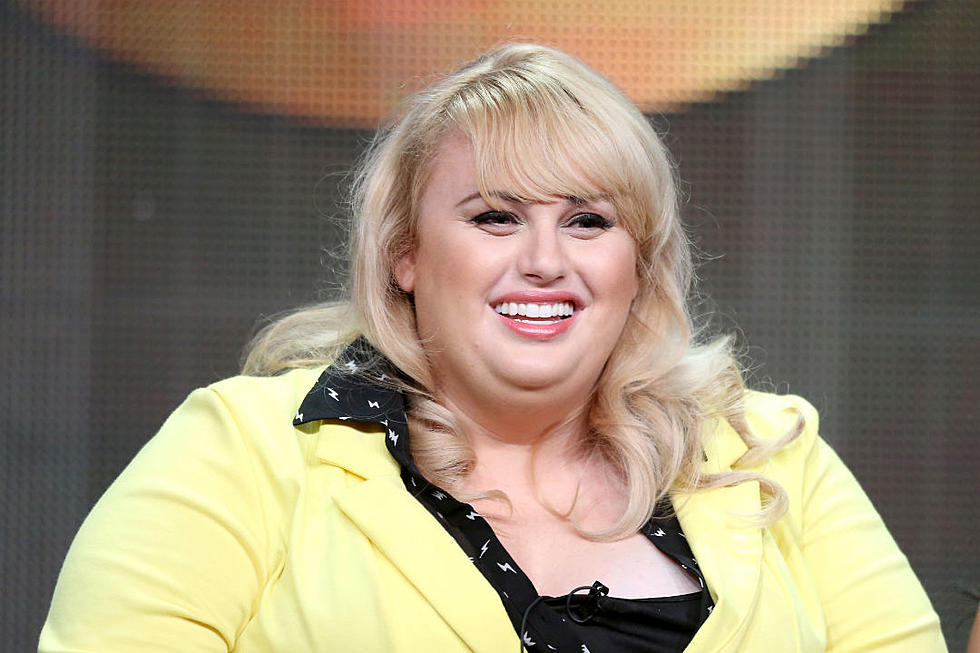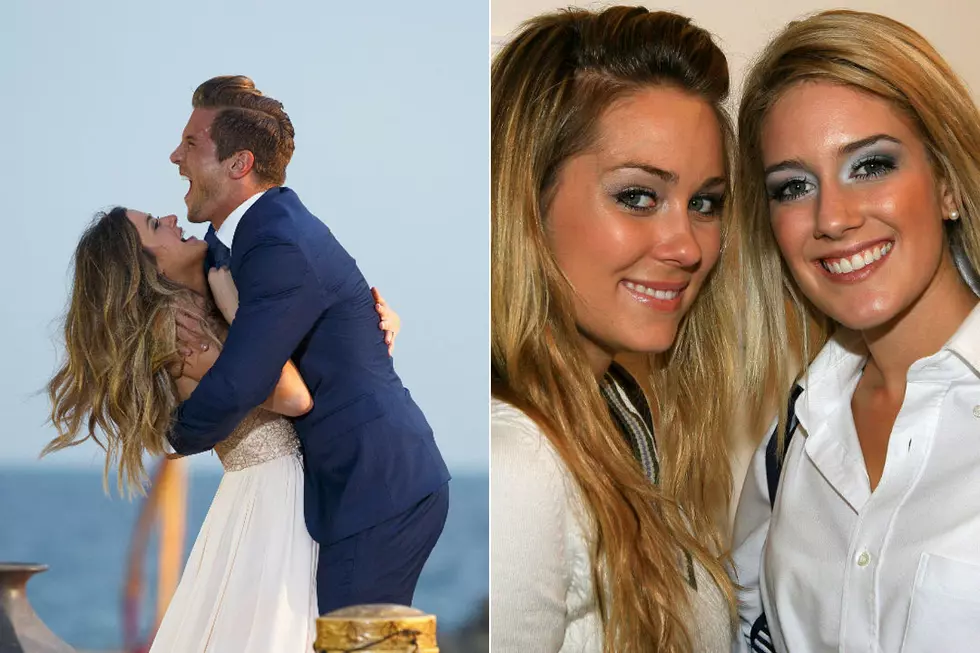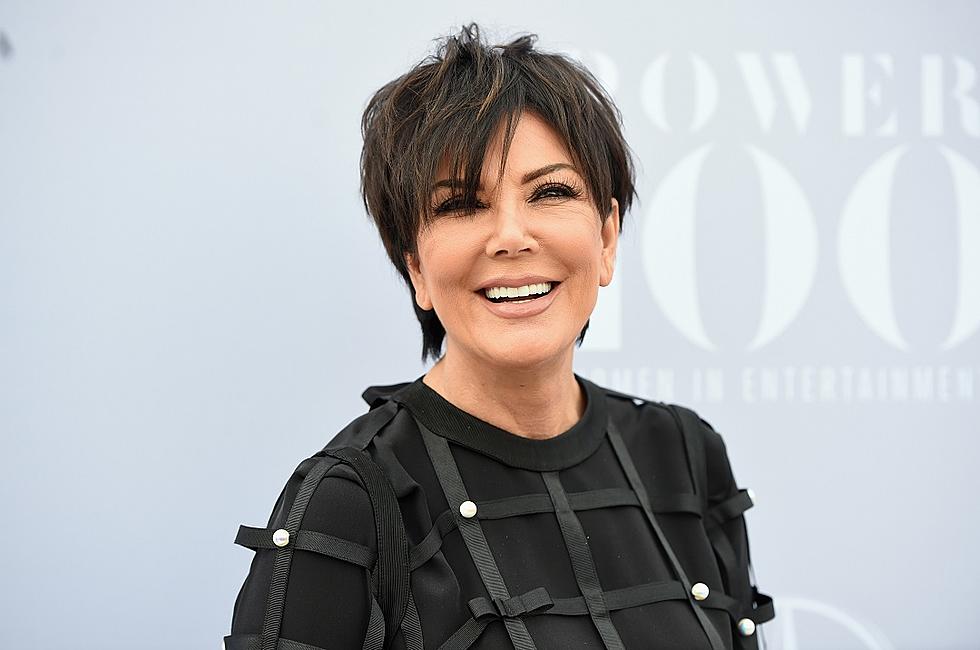
Rebel Wilson To Star In a Gender-Swapped Remake of ‘Dirty Rotten Scoundrels’
Welcome to the latest Hollywood trend: the gender-swap remake. Following news of a gender-flipped remake of Splash starring Channing Tatum as a merman, Variety reports the next big remake on the docket is 1988's Dirty Rotten Scoundrels. Rebel Wilson will reportedly star in the MGM remake, which swaps the original two con men for two con women.
The original Frank Oz comedy starred Michael Caine and Steve Martin as two men swindling a rich American heiress (played by Glenne Headly) out of $50,000. The remake will update the story for the modern day, finding two female con artists, one described as “low rent” and the other as “high class,” who scam a male tech prodigy out of his fortune. The screenplay was written by Jac Schaeffer, who recently penned the upcoming Anne Hathaway comedy The Shower.
After Paul Feig‘s female-led Ghostbusters, the gender-swap looks to be Hollywood’s latest move to turn old stale properties edgy. Disney is working on a remake of The Rocketeer staring a woman of color, there’s the all-female Oceans Eleven on the way, and there might be a female monster in the Mummy remake. But is the gender-swap just a lazy gimmick? At first glance, it certainly seems so. It’s an easy way for studios to claim they’re upping diversity, gain buzz for a movie (both positive and negative, as the Ghostbusters backlash showed), all while slapping a shiny new coat of paint over an old toy.
It isn’t entirely a bad thing, though. For one it’s giving more actresses work in places men would’ve been hired instead. The Dirty Rotten Scoundrels remake also brings a female screenwriter, and while there's not a director attached yet, this would be a great opportunity to find a female to helm the movie. When handled right, casting females in previously male-driven can lead to the kind of changes Hollywood films need. This summer’s Neighbors 2 did a surprisingly impressive job, gender-flipping the original film’s premise to make one of the most feminist comedies in years. Gender-flipping opens up opportunities for filmmakers to comment on the gender-gap, give actresses better and more dynamic parts, and write characters who challenge clichéd, outdated gender roles.
There’s also the high chance those opportunities will be missed, and gender-swapping will become the go-to tool to claim progressiveness where it fails to transpire. The real work doesn’t come in simply casting a woman in a man’s role, but in how filmmakers write, direct and portray their female characters. Not all studio movies need to be progressive and politicized, but if a studio makes the choice to do a reboot with a gender “twist,” that twist better reflect an awareness of how women are represented in media. I’m on board for creative ways to revamp old classics, but with this trend quickly catching fire, I hope studios are willing to take some risk.
More From 1073 Popcrush

![The Girl and The Dreamcatcher Perform ‘Cry Wolf’ Acoustic [Exclusive]](http://townsquare.media/site/252/files/2016/08/the-girl-and-the-dreamcatcher-performance-live.png?w=980&q=75)








